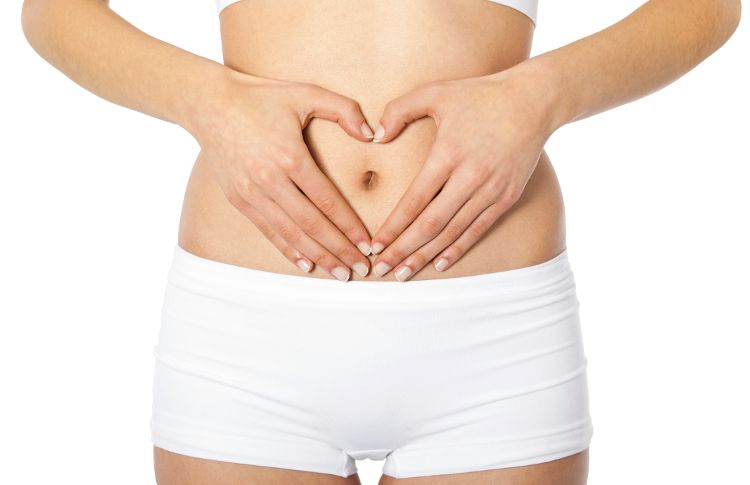Fytexia announces results of new study that found its Benegut ingredient may reduce risk of gastrointestinal discomfort
Results showed that overall gastrointestinal discomfort 90 minutes after a high-caloric meal was significantly improved following supplementation with Benegut, compared to placebo and baseline.
Photo © iStockphoto.com/rzdeb

Fytexia has announced the results of a clinical study conducted on its Benegut ingredient, which is a patented Perilla frutescens extract standardized in rosmarinic acid and flavonoids, including vicenin-2. In the double-blind, randomized, placebo-controlled cross-over design study, 30 healthy participants between the ages of 25 and 70 were given a high caloric meal and screened over 90 minutes to evaluate gastrointestinal symptoms. If their overall GI discomfort was above 5 out of a 10 on a visual analogue scale (VAS), they were included in the study. Individually-selected symptoms such as selected symptoms such as feeling of fullness, burping, bloating, heartburn, rumbling, passage of gas, GI discomfort/cramps/pains, nausea, and urge to defecate were also assessed.
Following a 7-day washout period, subjects underwent the same protocol twice with either placebo of supplementation with Benegut (300 mg). Results showed that the primary outcome, overall gastrointestinal discomfort, was significantly improved following supplementation with Benegut, compared to placebo and baseline. According to Fytexia, the three main symptoms driving improvement in gastrointestinal discomfort were feeling of fullness, bloating, and burping. All measures of symptoms were significantly improved in subjects taking Benegut at 90-minutes post-high-caloric meal consumption, compared to baseline.
Fytexia explains that while a previous study demonstrated similar benefits following chronic consumption of Benegut, this study shows benefits following first intake.1 Previous mechanistic studies found that the extract improved intestinal barrier function measured with transepithelial electrical resistance in a cell culture model, while an ex-vivo study demonstrated that vicenin-2 had an anti-spasmodic effect. 2,3
Reference
- Buchwald-Werner, S.; Fujii, H.; Reule, C.; Schoen, C. Perilla Extract Improves Gastrointestinal Discomfort in a Randomized Placebo Controlled Double Blind Human Pilot Study. BCM Complement Altern Med, 2014, 14: 173. DOI: 10.1186/1472-6882-14-173
- Buchwald-Werner, S.; Lüscher, S.; Kudo, S.; Butterweck, V. Perilla Frutescens Targets Intestinal Permeability In Vitro Study on TNF-α Stress-Induced Barrier Dysfunction in Intestinal Epithelial Cells. Agro Food Industry Hi Tech, 2016, 27(5): 13-16.
- Verspohl, E.J.; Fujii, H.; Homma, K.; Buchwald-Werner, S. Testing of Perilla frutescens eExtract and Vicenin 2 for Their Antispasmodic Effect, 2013, 20(5): 427-430. DOI: 10.1016/j.phymed.2012.12.018
Polyphenols: The next generation of prebiotics is ready for liftoff
April 21st 2025Explore the prebiotic health benefits of polyphenols and the positive impact they may have on digestive and immune health. Polyphenols, such as those found in European black elderberry, may be an ideal solution for manufacturers trying to break into the digestive health space.










